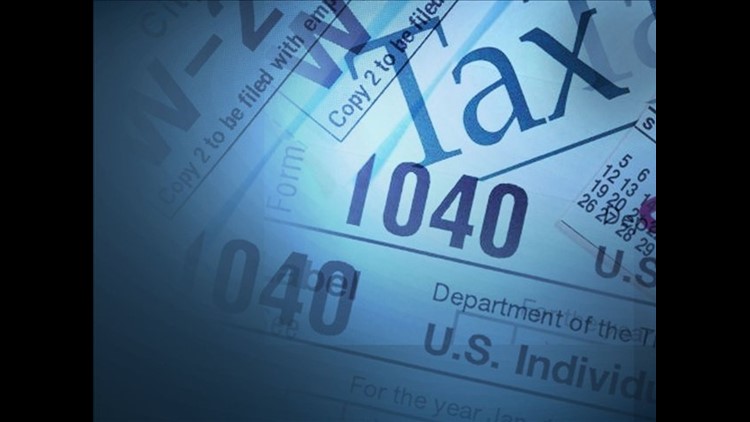(CBS News) — Many of the recent stories about sexual abuse claims against disgraced Hollywood mogul Harvey Weinstein, former Fox News host Bill O’Reilly and other powerful actors, journalists and executives mention settlements either they or their employers made to silence women who accused them of misconduct.
These settlements often require alleged victims to sign a nondisclosure agreement– essentially a pledge of secrecy – in exchange for a cash payment. They are designed to keep the reputations of allegedly abusive high-flyers intact, an arrangement that can allow repeated wrongdoing.
As a law professor who focuses on white-collar crime, what I find striking about these contracts is how they can be treated as tax-deductible business expenses. That means American taxpayers are helping foot the bill for keeping despicable behavior in the shadows.
I don’t believe that secret payments to settle sexual abuse claims should be tax-deductible. Here’s why.
Secret settlements
Sexual harassment becomes a crime only when there is a nonconsensual touching or sexual contact that can be prosecuted.
Victims of sexual harassment in the workplace usually can pursue personal injury claims by seeking damages from the executive or colleague responsible for it – or their employer – to compensate for emotional distress and any physical injury the abuse caused. These cases are mostly litigated at the state level, if they ever reach a courtroom.
The broader cost of these confidential agreements to society is that they leave perpetrators free to prey on new victims who are unaware that they may be walking into a trap when they meet privately with a powerful executive or someone who simply has greater seniority and influence.
Some states have tried to stop or at least curb this practice.
For example, Florida’s Sunshine in Litigation Act prohibits courts from entering an order that conceals information related to a public hazard, which is defined as something or someone “that has caused and is likely to cause injury.”
Other states with anti-secrecy laws include Texas, Virginia, North Carolina, New York, Oregon and Georgia.
That kind of solution, however, only goes a short way toward protecting the public because it is limited to cases that go to court. For example, a former Weinstein Company employee withdrew her complaint to management without ever resorting to a legal filing by accepting a settlement in 2015. A total of eight womenhave collected between roughly $80,000 and $150,000 each due to secret agreements not to disclose Weinstein’s alleged misconduct, The New York Times reported in October.
Read more and see video, here.



